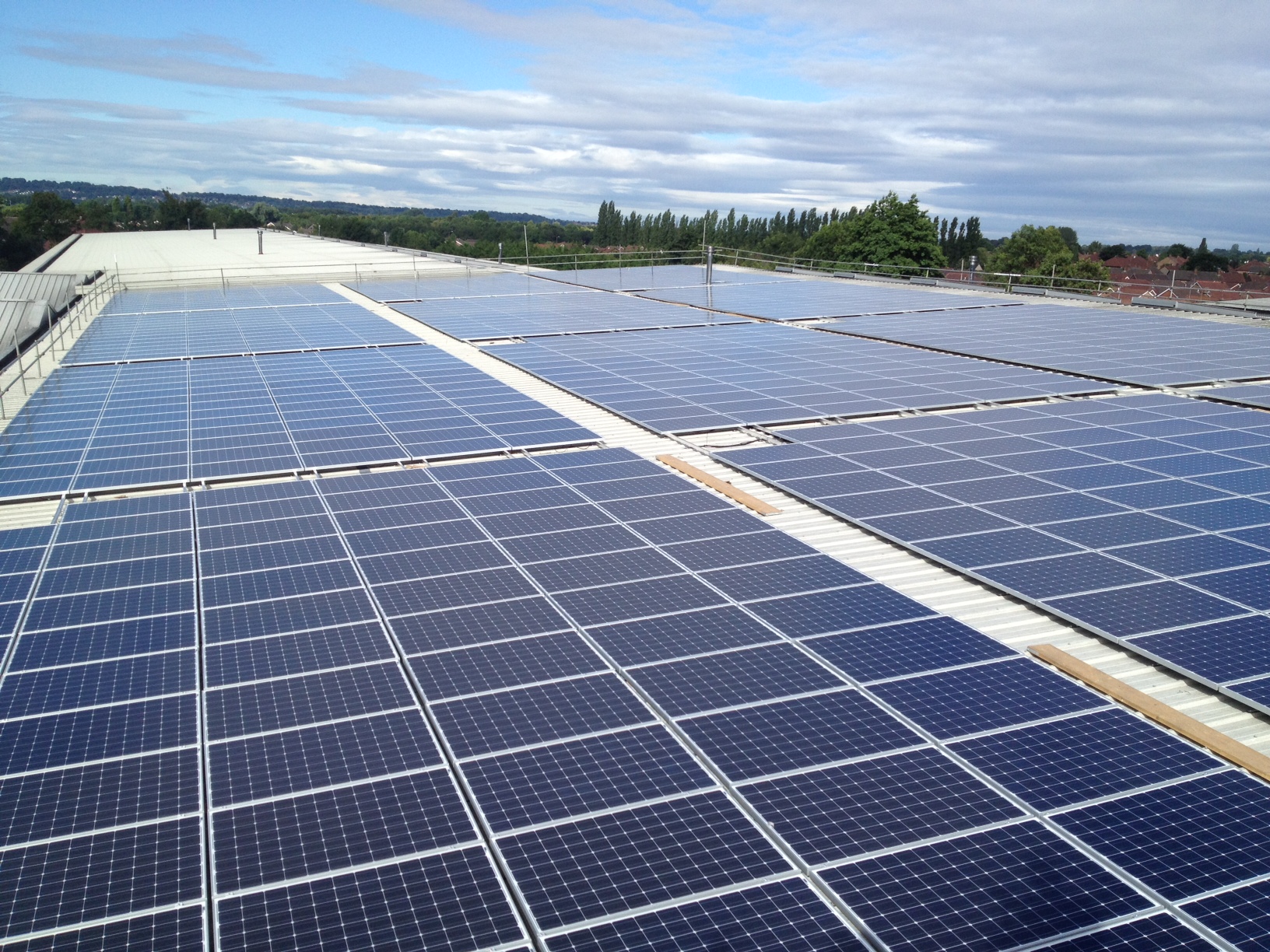Crossboundary Energy Access (CBEA), Africa’s first project financing facilities for mini-grids, is set to receive a whopping US $11bn from investors to bring electricity to at least 100 million people on the continent.
Gabriel Davies, Head of energy access at Crossboundary confirmed the reports and said the new financing facility attracted US $16m in its first close which was enough to fund mini-grids that could connect 170,000 people, according to the organization.
“Mini-grids are critical to achieving universal electrification in Africa at the least cost. We believe long-term project finance structures will allow mini-grids to scale. We’re building investment portfolios that will attract the long-term, infrastructure-type capital the sector needs from institutional investors,” said Mr. Gabriel.
Also Read: Kathu Solar Park attains its commercial operations
Sustainable Development Goal
The Rockefeller Foundation, Ceniarth and the Shell Foundation were among the first supporters of the initiative while Tanzania, Nigeria and Zambia will be the first beneficiary due to their supporting regulatory framework.
To achieve the Sustainable Development Goal 7 of creating access to affordable, reliable, sustainable and modern energy for all, both the public sector capital and the private sector mini-grids would have to work together.
Although their role has been crucial, it is reported that the private sector mini-grids have not attracted the much needed funding. For mini-grids to produce a return of over a 10 to 15 years, significant upfront investments would have to be placed. The capital must be affordable, long-term and should accept lower yields return.
Moreover last month, The African Development Bank Group has approved equity investment of up to US $25m for the ARCH Africa Renewable Power Fund. The investment will be made into a larger equity fund, which seeks to develop 533 MW in the market, which currently has the lowest rate of access to electricity in the world. The investment will support the bank’s ten-year strategy, which seeks universal electricity supply in sub-Saharan Africa.

